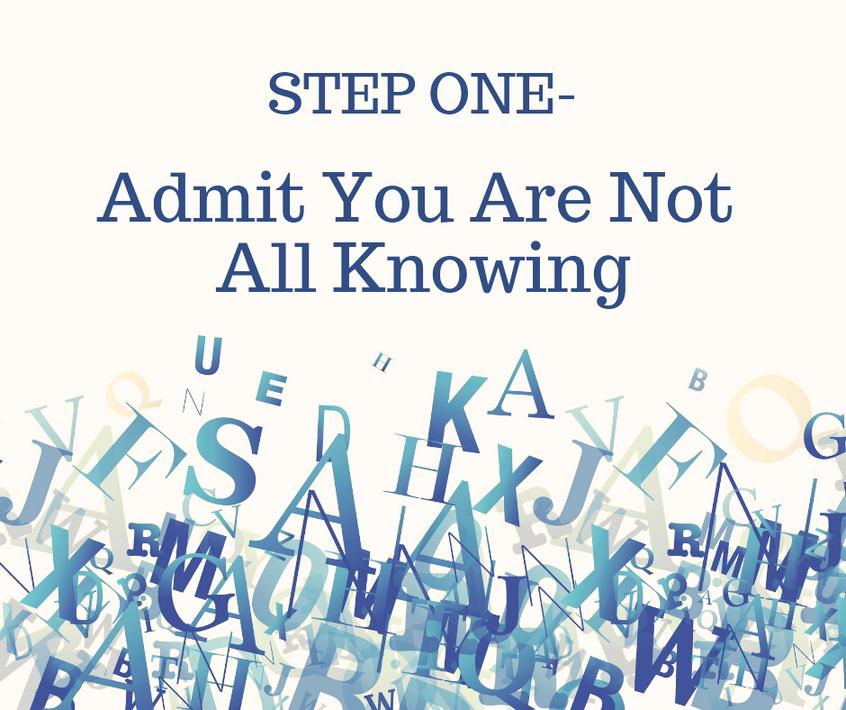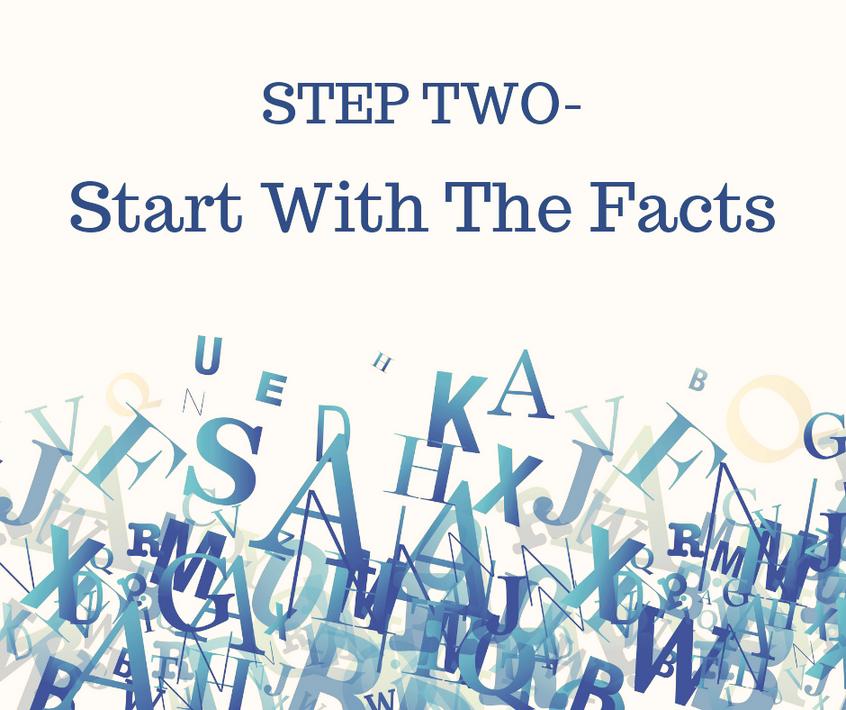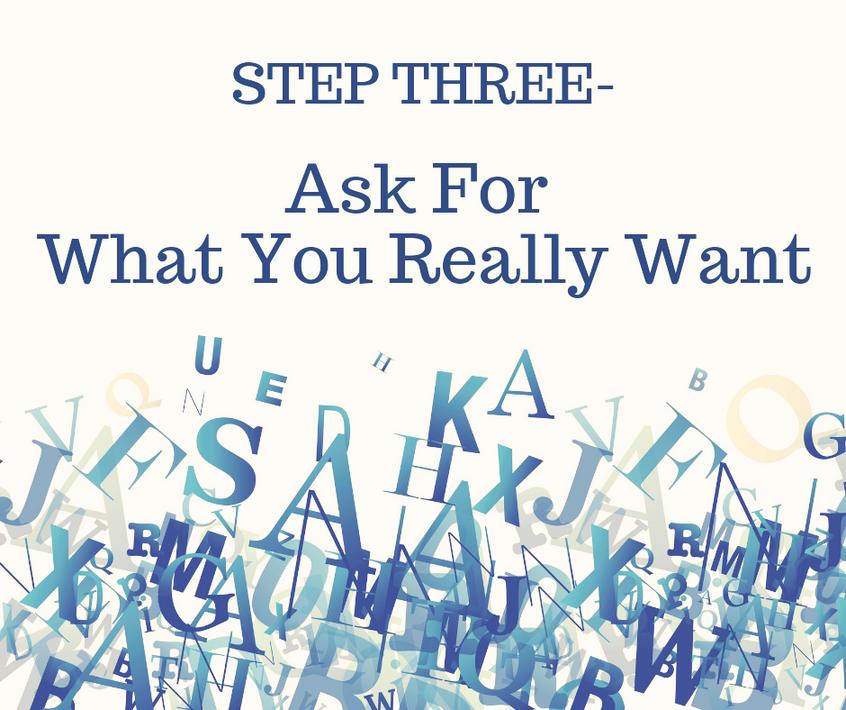peak &BE HEARD









Be Heard~ SELF-GUIDED The 4-Part Communication Technique. The WHO, WHAT, and HOW!

Conflict Resolution Helps You Convey What You Really Want Reduces Stress Mindfulness Stops Bitterness Reduces Depression Brings About Change Feel Better About a Situation Awareness
Eliminates Bringing Up Past Issues Helps With Anxiety Gives You A System To Follow
Schedule a session with me if you need extra help with YOU!
How To Enlist Help When "You" Need To Apologize Learn How To Honor ALL Your Emotions
I Statements (Therapy 101) Why Don't We Talk? Finding Closure How to Talk To Professionals Freedom In The Gray
Let's pretend your 10-year old says, 'Mom I'm hungry.' Take a moment to think about what your 10-year-old was really "saying." I'm hungry could mean, 'I want to eat some food and stop the hunger pains in my stomach', it could mean 'Will you fix me something to eat?' or even, 'Can I have something to eat?'
Or, let's say instead that you are 20 and you call up your friend and ask her, 'What are you doing tonight?' Think about this question, what are you communicating? You could be inquiring because you want to get together, maybe you need her to pick you up or maybe you don't need anything at all, you just wanted to talk and you asked what she was doing?
Confusing, isn't it? Communication can be tough, especially when you throw different people, emotions, language barriers, and personalities into it

What I would like to teach you is a time tested technique that I have used for decades to make sure that I have clearly communicated how I feel and what I want from the other person. I do this by helping you and the other person you're having a conversation with.
As we move through this together, try to commit to these two truths: how I feel matters and those I interact with matter too! Possibly, a change in perspective can allow you and those you interact with to feel validated and heard.
"How can you expect others to give you what you want when you don't even know what you want?"- Jennifer Tracy
IS
WHAT IS YOUR TYPICAL COMMUNICATION STYLE?

Passive-Agressive (Take it out in other ways)
Peace maker- (swallow how you feel to keep peace)
Assertive- (Respectfully say how you feel)
Aggresive- (Say what you want no matter what)
Agitator- (no issue speaking but can stir things up)
It's important to know yourself and realize that depending on who you are dealing with, you may respond differently.
Use the next sheet to identify how you respond to the various people in your life.
Love/Intimate: Family-Older Than You: Work: Family-Younger Than You: Close Friend: Stranger:
Acquaintance:
Adolescent:

WRITE OUT 10 DIFFERENT RELATIONSHIPS THAT YOU HAVE. RATE THOSE THAT ARE THE HARDEST FOR YOU TO COMMUNICATE WITH AND WHICH ONES VALIDATE HOW YOU FEEL. GIVE THE HARDER RELATIONSHIPS A TEN AND THE EASIER ONES A LOWER NUMBER, ONE BEING THE LOWEST.
TRY THIS TECHNIQUE WITH SOMEONE THAT HAS A LOW NUMBER FIRST.

THINKING ABOUT THE PERSON THAT YOU WANT TO TALK WITH, HOW DO THEY TYPICALLY RESPOND?
What Communication Type Are You With Them?
What Communication Type Does This Person Usually Display?
Love/Intimate: Family-Older Than You: Work: Family-Younger Than You: Close Friend: Stranger:
Acquaintance:
Adolescent:

Admitting that you are not all-knowing at the beginning of the conversation may seem hard to comprehend or do, especially when you may have been hurt or feel that you are in the right. However, doing this has great advantages. It helps the person that you want to communicate with lower their defenses and possibly really listen to what you have to say.

If the person has not done anything wrong, sometimes the best thing you can say is, I have something to share with you that is hard for me to talk about.
Have you ever been on the receiving end of a one-sided conversation? Or have you ever felt like someone just vomited all of their words all over you? Perhaps, you have been so angry or frustrated that you say whatever comes out of your mouth only to realize that you didn't mean what you said?
During this step, the importance of sticking with a fact or incident will help you focus on one thing and not just throw a bunch of words around.

Can I ask you something? How can you expect someone to give you what you want when you don’t even know what you want? This part of the Be Heard Communication Technique is really powerful. If you take the time to actually think about what you want from the other person and/or why you have been upset then, you have the greatest chance of feeling heard, connected and valued.
You may find that there are several things that you want. On your module 3 worksheet write them all out. Then decide to ask for the one most important to you

You may enter this module thinking when I encourage you to "let go" that something magical happens. Somehow all of the feelings and emotions around this "fact" or "incident" just vanish. That is not what I am talking about here. The last part of The Be Heard Technique is important. It encourages you to focus on the only thing you can control and that is you.
Take a moment to remember it's powerful knowing that no matter how the other person responds, you have been respectful to them and you have honored your own thoughts, feelings and emotions

BE-HEARD | CHECKLIST

As hard as it might be to think about the other person right now, doing this actually sets the conversation up for great success.
When you admit that you don't know how they feel or what is going on in their life it can help the other person feel less defensive. Even if you see a behavior, it's impossible to know their entire life that brought them to that moment. The same is true for you as well.
Take the time to think about something that is a fact, something that can either be proven or that the other person is not going to argue against.
Even though a similar incident may have happened in the past, sticking to the one at hand will help you stay in the moment and truly work towards positive resoulution.
Remember, this '"fact" or "incident" is what has sparked the entire need for the conversation to begin with.
The third part of the "Be Heard" communication technique is powerful. So often when something happens we get caught up in emotions, past hurts or pains and we forget that under our emotions there is a desire for something that we really want.
WHAT DO YOU THINK IT MEANS TO ADMIT YOU ARE NOT ALL KNOWING?

WHEN WE COMMUNICATE IT'S USUALLY BECAUSE WE WANT SOMETHING. CAN YOU SEE HOW STARTING THE CONVERSATION IN A POSITIVE WAY LOWERS THIER DEFENSES, AND INCREASES THE POSSIBILITY OF THEM LISTENING TO YOU? YES/NO
AS YOU THINK ABOUT THE PERSON YOU ARE WANTING TO COMMUNICATE WITH... TAKE A MOMENT TO CONSIDER THEIR PERSPECTIVE. DON'T MAKE ANY ASSUMPTIONS. NOW, WRITE OUT FIVE WAYS THAT YOU COULD START THE CONVERSATION OFF. 1 2 3. 4. 5

AS YOU THINK ABOUT THE INCIDENT THAT HAS OCCURRED, WRITE OUT FACTS ABOUT THE SITUATION BELOW. REMEMBER TO BE SPECIFIC AND KEEP IT FAIR AND CLEAN, ESPECIALLY IF YOU WANT TO HAVE A POSITIVE RESOLUTION.
AS YOU THINK ABOUT THE PERSON YOU ARE WANTING TO COMMUNICATE WITH... TAKE A MOMENT TO CONSIDER THEIR PERSPECTIVE, DON'T ADD TO THE STORY AND THEN WRITE OUT BELOW WHAT THE TWO OF YOU WOULD AGREE ARE FACTS.


YOU WILL WANT TO USE THIS SHEET WITH EVERY NEW INCIDENT AND PERSON THAT YOU ARE TRYING TO COMMUNCATE WITH?
One way to examine and think about what you really want is to look at your emotions. I know this might be a new concept for you but try to look at what is really under the emotion that you are experiencing. Our emotions usually point to something!
Again, I know this may not be an easy thing to do, but try to think about what is under the emotion that you are feeling. (I promise you, once you catch on to this, you'll wonder how you ever survived without it.)
I'll give you a few examples-

I feel " angry " or "frustrated" with my mom when I share my feelings because she cuts me off and instead of just listening she tries to fix my problem.
Under my emotion of anger or frustration could be a feeling of not being heard/validated or maybe I want to be comforted and not fixed.
So often we just tell the other person our emotions and feelings, but that doesn't always tell them how to meet our particular need or want. Saying, "I'm angry with you because you did this or that" doesn't tell someone what you really want.
If you dig deeper and come up with what you really want and then ask for it, you'll have a much greater chance of success.
So, in this instance, after doing part 1 & 2 in the Be Heard module, I could then ask my mom if she would just listen to me and hug me when I share about my bad day or share my feelings in general.
I'm going to walk through an example of what this could look like.
Again, I know this may not be an easy thing to do, but try to think about what is under the emotion that you are feeling. (I promise you, once you catch on to this, you'll wonder how you ever survived without it.)
I'll give you a few examples-

I feel "frustrated" when my husband comes home on a Wednesday without the dry cleaning. If this is the first time it's happened, you'll probably hear why in the first two modules of Be Heard, and hopefully you can let it go. BUT if this happens a lot... under your feelings of frustration is something that you really want. If him picking it up on Wednesdays works because he passes that location on his way home from work then you probably want to find a way to resolve this issue.
Here are a few things you might "ask" for.
You may want him to say, I'm so sorry- I'll go get it right now. You might realize that it's just a reminder thing and so you could ask if it would be ok if you send him a text reminding him to grab the dry cleaning.
Every one of us would respond and want something different.
The real struggle is when we assume that other people in our lives know what we want and the second biggest struggle is, if you do know what you want you don't know how to ask for it.
I'm going to walk through an example of what this could look like.
Let me give you an example of an issue that is a bit more uncomfortable.

I feel "jealous" when my boyfriends coworker comes over and puts her arms around him and doesn't even acknowledge that I am there.
First of all, so ofter we judge ourselves when we "feel" jealous and assume that all jealousy is bad. However, in this instance maybe your jealousy is a chance for you to communicate with your boyfriend. Maybe your feelings of jealousy is indicative of something you want. You don't have to make him the bad guy or yourself for feeling that way. At this point you don't know why this lady feels it's ok to be handsy. Maybe she doesn't know the two of you are dating. Who knows? But, instead of stuffing how you feel, why would it be wrong to ask for what you want?
If this was me, and I was being honest, what I would want would be some type of acknowledgement.
After going through part 1 & 2 of Be Heard you might ask him to simply introduce you the next time that this particular woman comes over and puts her arms around him. If she was to do it again some other time, then you would have to have another conversation if it still bothered you.
Look, this can go both ways. We all have feelings of insecurity and jealousy. Why is it wrong to ask for what would make you "feel" safe and secure in your relationship?
I'm going to walk through an example of what this could look like.
mber in letting go you are accepting that you can't control other e or their actions. You can only control how you respond.
Though it can be hard, there is a sense of owerment in focusing on your own actions. are your thoughts on this?

How would you feel knowing that you ' ve municated clearly and respectfully?


ne the feeling you would have knowing that you have ed your own thoughts and wishes, regardless of how the person responds.

What is one barrier you face in letting go?
